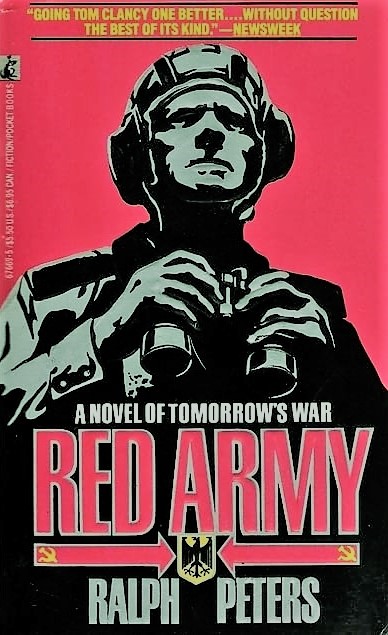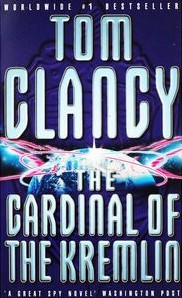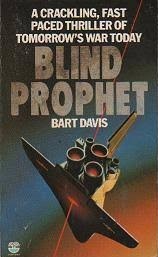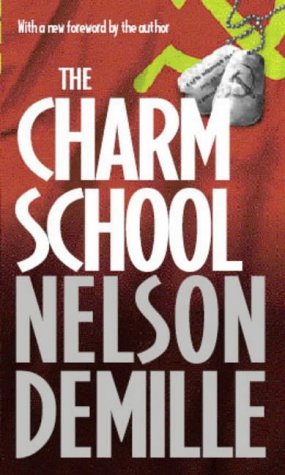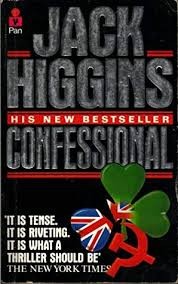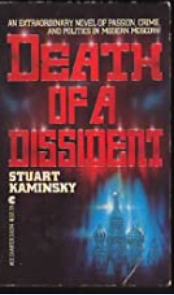Part one of this review is here
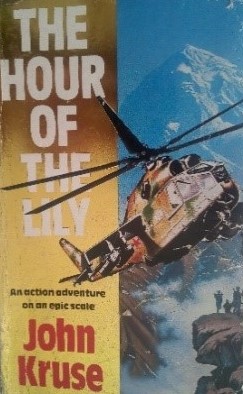
War in Afghanistan. The Soviet Union learnt a couple of decades before the United States that however super the superpower, its military might does not guarantee an easy victory when such a war turns to guerilla engagement in barren mountains and ambush-friendly valleys.
In The Hour of the Lily, John Kruse explored, through the lens of fiction, this clash between the armed forces of the Soviet Union and the guerilla units defending their homeland and culture. The geographical setting throughout is Afghanistan. The temporal setting is 1982, as the Soviet occupation forces have ensconced themselves in Kabul and are beginning their ultimately fruitless task of trying to quell mujahideen opposition.
Kruse is an accomplished writer who has done his research. The terrain of Afghanistan, the sights and sounds of Kabul, the socio-cultural aspects of a tribal system within a strict Islamic setting; all these and more are well drawn.
Continue reading